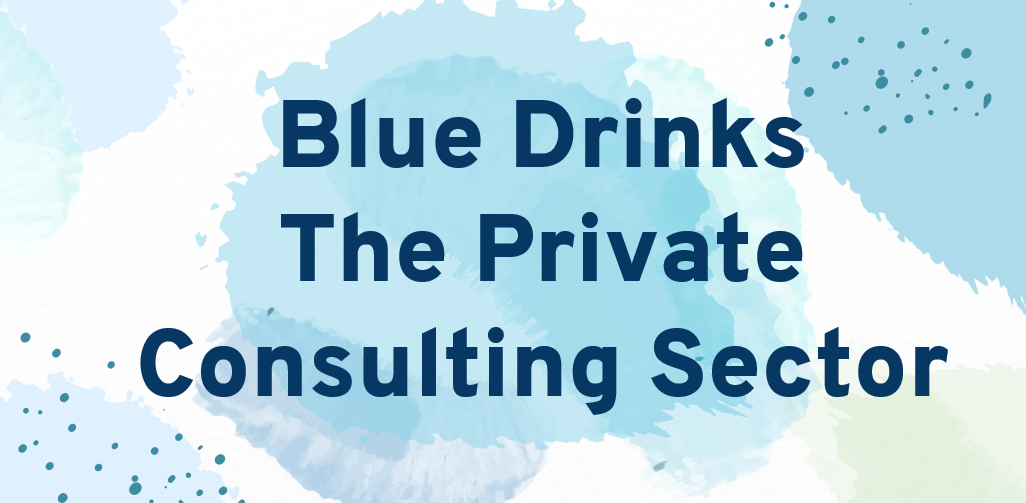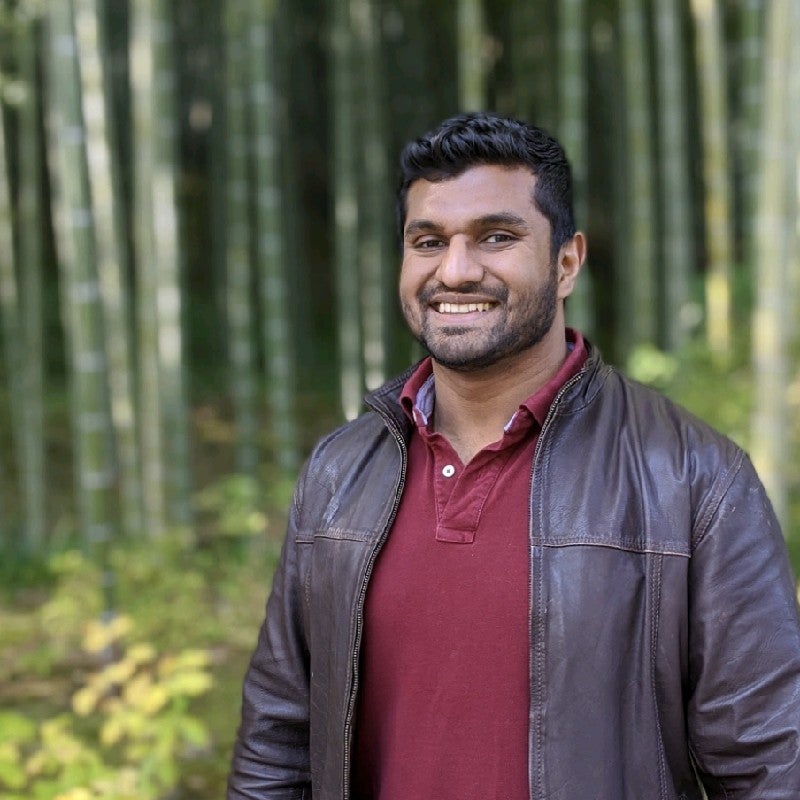
SWIGS is excited to present the fourth and final Blue Drinks for the academic year 2020-21. ‘Blue Drinks’ is an informal event for graduate students to meet and network with leading water professionals from the public and private sectors alike.Join us virtually in MS teams for an evening of networking, career guidance and professional development. This edition of Blue Drinks will focus on the water business in the private consulting sector. The two speakers are University of Waterloo alumni. They are:
Mr. Thouheed Gaffoor, VP of Artificial Intelligence, Innovyze

Thouheed is a tech entrepreneur, passionate about using AI for social impact. That's what led him to Emagin.ai (acquired by Innovyze/Autodesk), an AI company he cofounded and successfully scaled that helped utilities and manufacturers manage water more efficiently. By trade, Thouheed is a process control/ML specialist and has spent 5+ years developing, commercializing and deploying AI/ML solutions for heavy industry and manufacturing. Over his career, he has patented novel AI frameworks, raised capital from global VCs, and sold to Fortune 500 companies ranging from public and private utilities (water, sewer, and power) to manufacturers (food/beverage, pulp/paper mills and mining).
Mr. Nelson Zabel, Junior Project Manager, EcoReg Solutions

Nelson is an aquatic scientist with over five years experience conducting environmental studies. He completed his Master of Science in Biology (Water) and Bachelor of Environmental Studies in Geography & Environmental Management and Biology at the University of Waterloo. His background is in lake sediments, environmental contaminants, and watershed sciences, connecting these elements to aquatic food webs to evaluate contaminants from a whole-ecosystem perspective. Currently, he is involved in many Environmental Effects Monitoring (EEM) projects across Canada, serving as a field lead and data analyst at mines and pulp & paper mills across the North, as well as other environmental projects, including study design, implementation, and analysis. Previous projects have included research projects focused on environmental reconstructions using lake sediment cores, the development of a monitoring framework using lake sediments in the Athabasca Oil Sands region, and an investigation into contaminant and mercury bioaccumulation and trophic ecology of several important food fishes in the Yukon Territory in partnership with Kluane First Nation. His diverse background in environmental biology, toxicology, physical geography, and statistics provides him a unique skillset to investigate environmental problems from a multidisciplinary perspective.